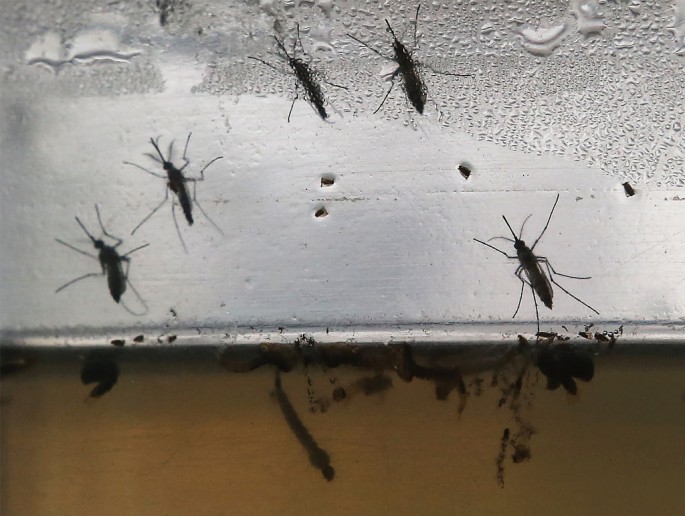China’s first imported case of Zika virus has been confirmed by the National Health and Family Planning Commission (NHFPC) on Tuesday, Feb. 9, according to a report by China Daily.
The 34-year-old male patient from Ganxian County, Jiangxi Province, is slowly recovering, his body temperature returning to normal and his rashes fading.
The patient had traveled to Venezuela, where he showed signs of headache, dizziness and fever on Jan. 28. He returned to Jiangxi Province on Feb. 5 via a connecting flight to Hong Kong and Shenzhen.
He has been placed in quarantine since Feb. 6 and has received treatment in a hospital.
Despite the first confirmed imported case of Zika in China, NHFPC remains positive that the risk of the virus spreading in the country remains low. This is according to an evaluation conducted by public health experts and officials, both of whom deemed China's low temperature as detrimental to the virus's spread.
Still, the government advises the public to remain on the lookout for symptoms, which include fever, conjunctivitis, headache, muscle and eye pain, joint pain and rashes. The virus is spread through mosquito bites.
Researchers are also planning to launch an initiative that will help counter the spread of Zika in the country. Laboratory-produced male Aedes aegypti mosquitoes with Wolbachia bacteria are expected to be launched in South China around March, according to Xi Zhiyong, the lead researcher.
These mosquitoes infected with bacteria are believed to effectively reduce the local mosquito population, said Xi, a microbiology professor from Sun Yat-sen University in Guangzhou, Guangdong Province.
The team of researchers was already successful in reducing mosquito populations by 90 percent last year during a trial. This allowed the containment of a local outbreak of dengue fever, another disease spread by the same mosquito species.
The Zika virus is spreading in the Americas at a fast rate, with severe birth defects among babies in Brazil linked as a possible side effect. The United States has also recently reported a sexually transmitted Zika case this year. The World Health Organization (WHO) is currently performing an investigation to confirm this method of transmission.



























